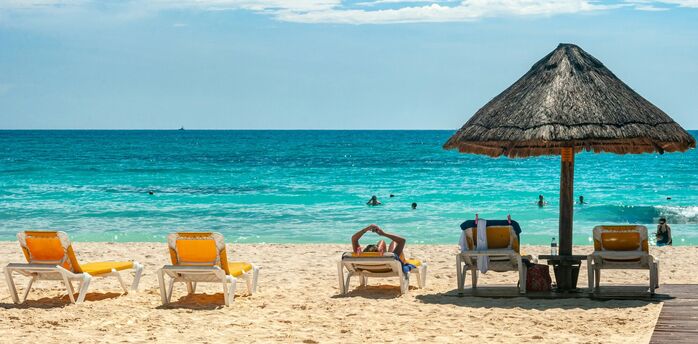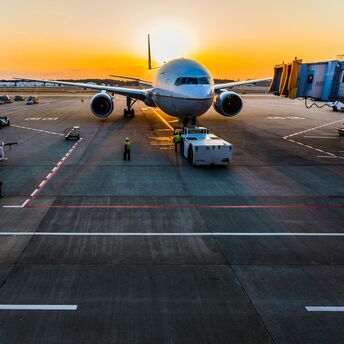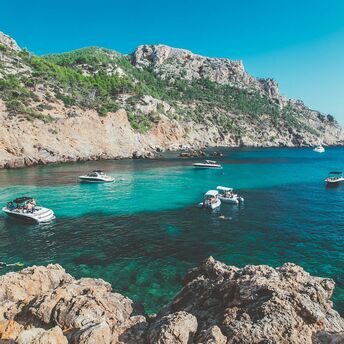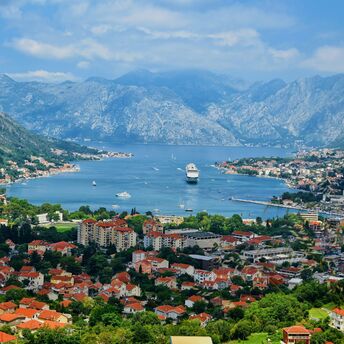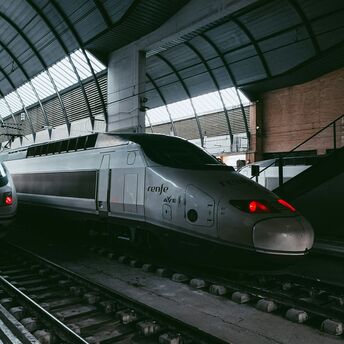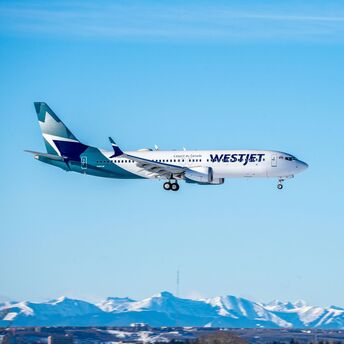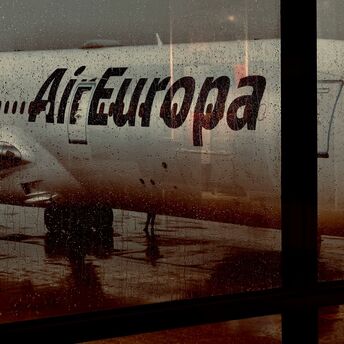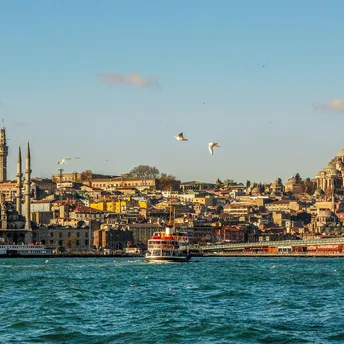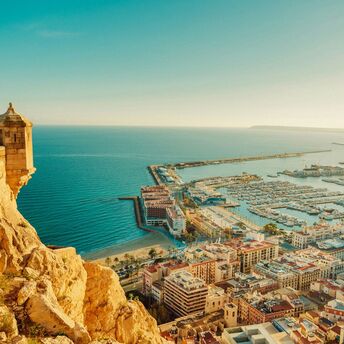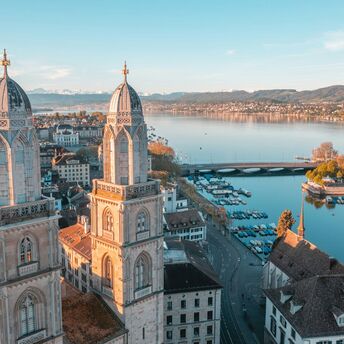airBaltic Opens New Direct Route Between Riga and Faro

From 6 September 2025, airBaltic has introduced a new direct service from Riga to Faro in southern Portugal. The route, operated once a week on Saturdays, takes just under five hours. It becomes the fourth Portuguese destination in the airline’s schedule, joining Lisbon, Porto, and Madeira. The new flight is part of airBaltic’s expanded winter timetable, designed to provide more travel options during the colder months.
According to airBaltic’s updated programme, the launch of the Riga–Faro service is accompanied by broader changes across Europe. These include new routes such as Gran Canaria to Ljubljana from 25 October 2025 and Tallinn to Madeira from 26 October 2025. In addition, airBaltic will increase flight frequencies to key hubs like Amsterdam and Dubai, strengthening its role as the main carrier in the Baltic region.
The Faro connection opens access to the Algarve, one of Europe’s most visited coastal areas, famous for its sandy beaches, golf resorts, and warm climate. With four Portuguese destinations on its map, airBaltic is now strengthening direct connections between the Baltics and southern Europe. The airline expects solid demand through the winter season, as people look for warmer holiday spots and easy onward connections via major hubs.
The Algarve is particularly popular for its year-round sunshine, with Faro serving as the gateway to resorts such as Albufeira, Lagos, and Vilamoura. Easier access also allows visitors to explore the region’s historical sites, seafood traditions, and dramatic Atlantic coastline. The new connection adds to airBaltic’s existing flights to southern Europe and gives people in the Baltics more options when arranging their trips.

The route also shows Riga’s role as a growing link for international travel. With new cities joining the network each year, passengers gain extra options for both weekend trips and longer journeys. Adding Faro to the winter schedule widens the range of choices and reflects how regional airlines adjust their timetables to meet demand across Europe’s main holiday and business spots.


